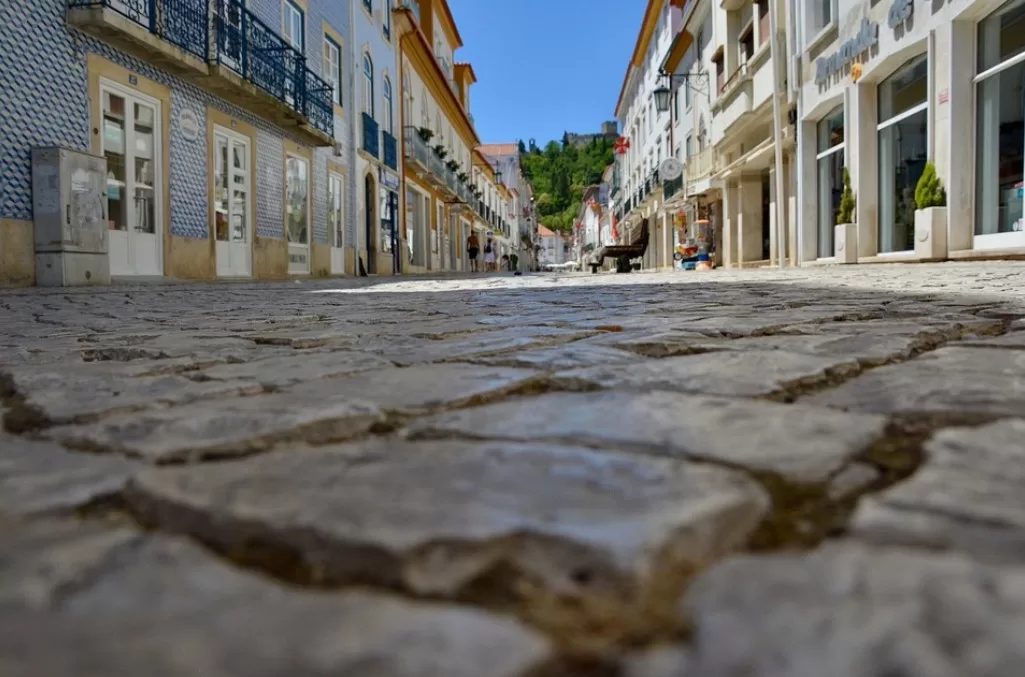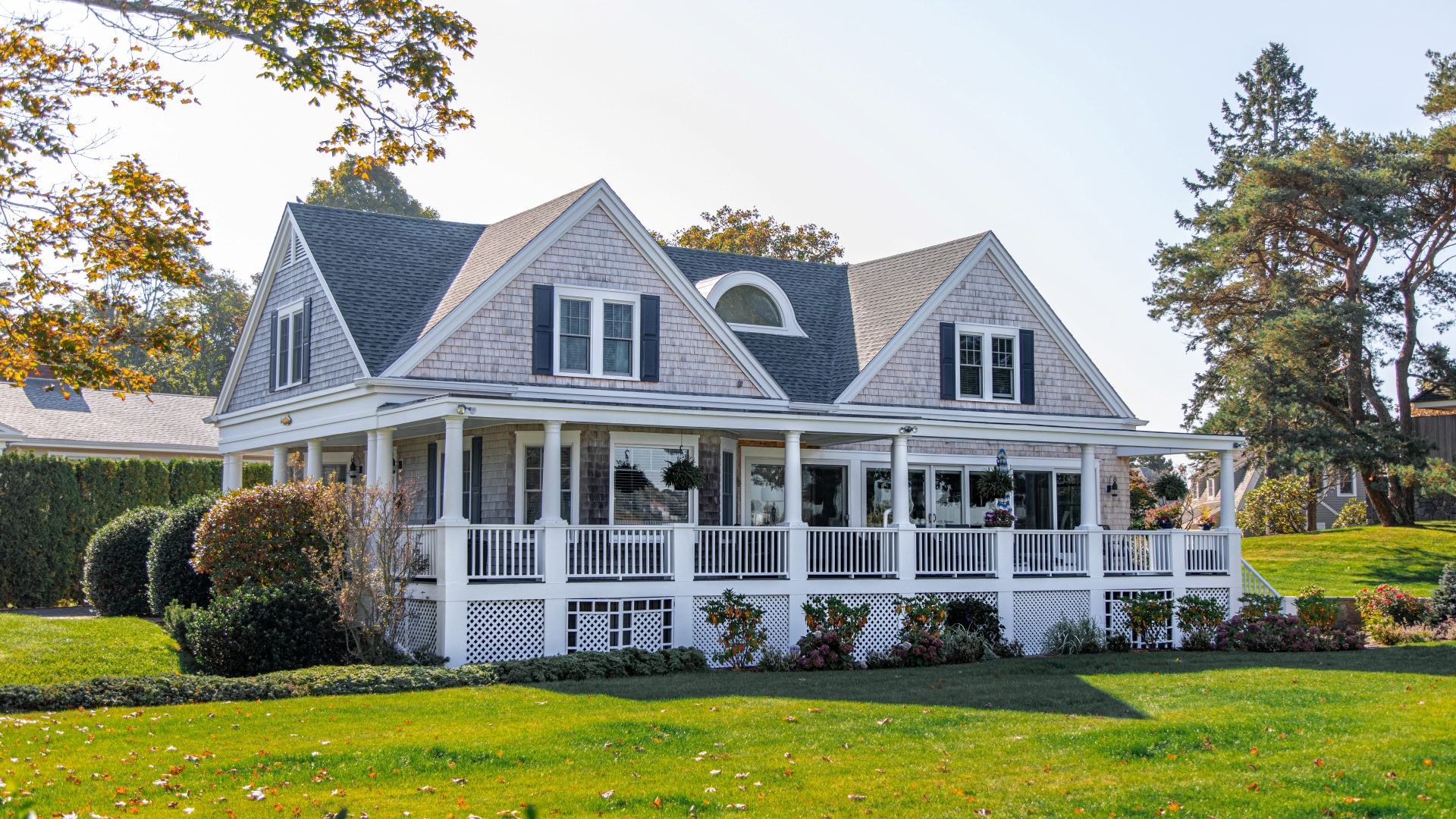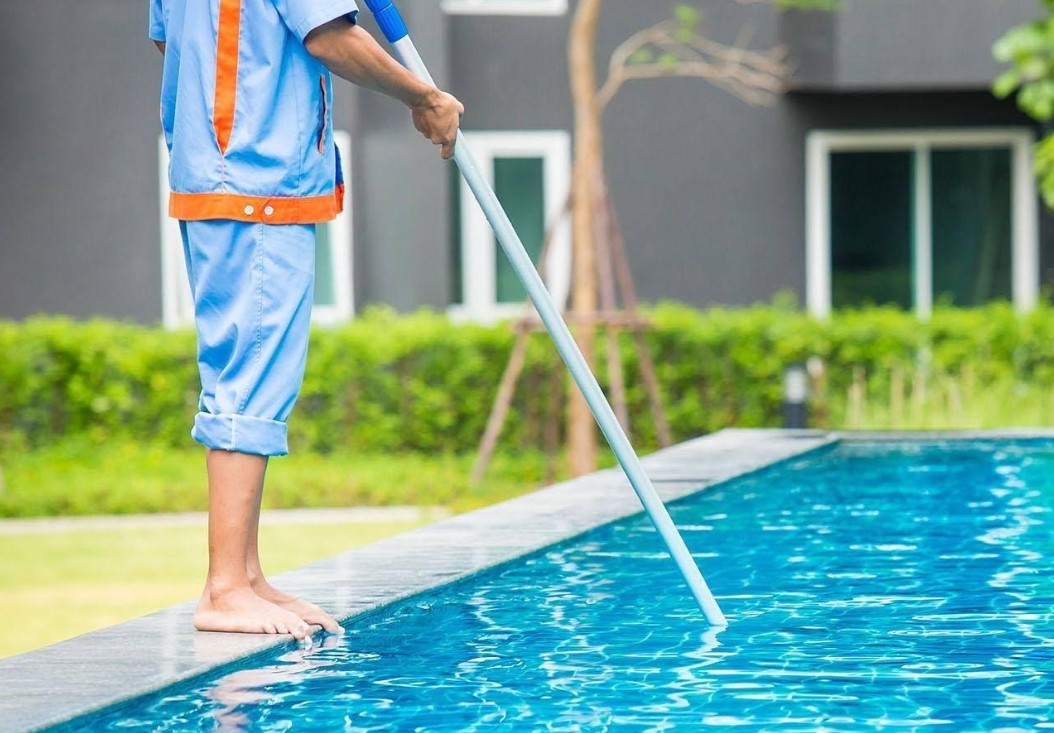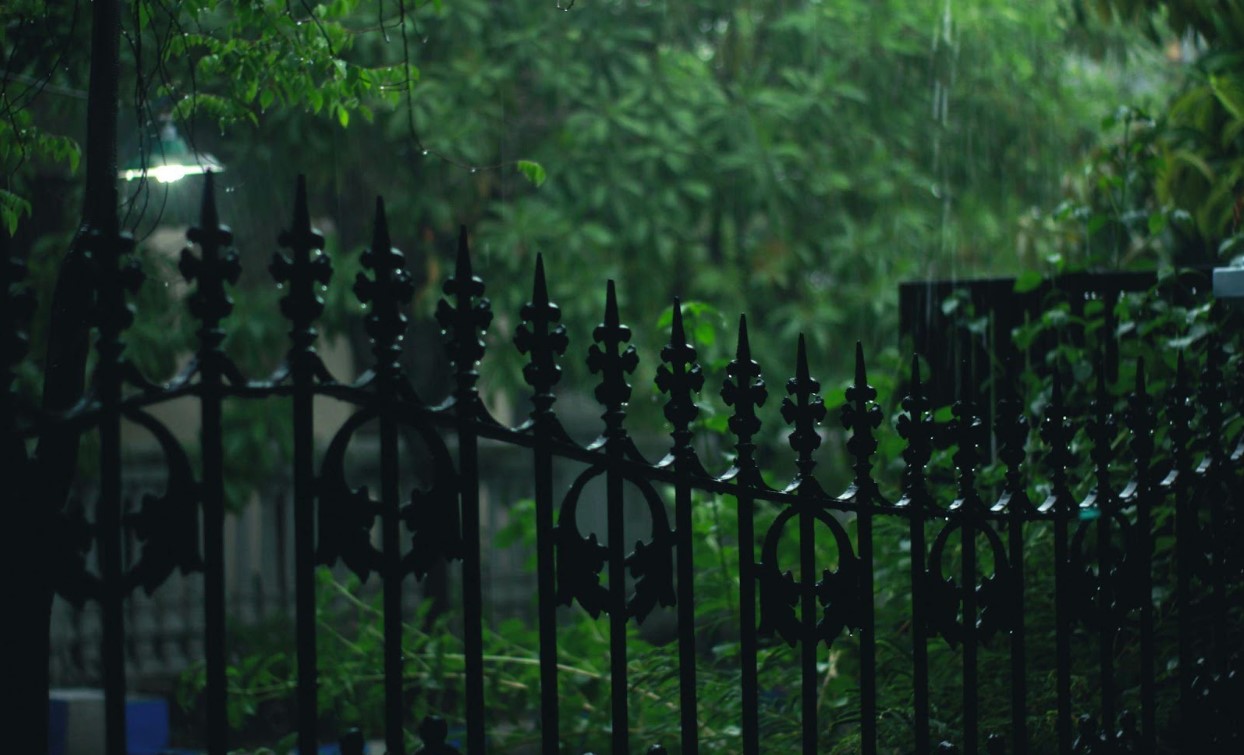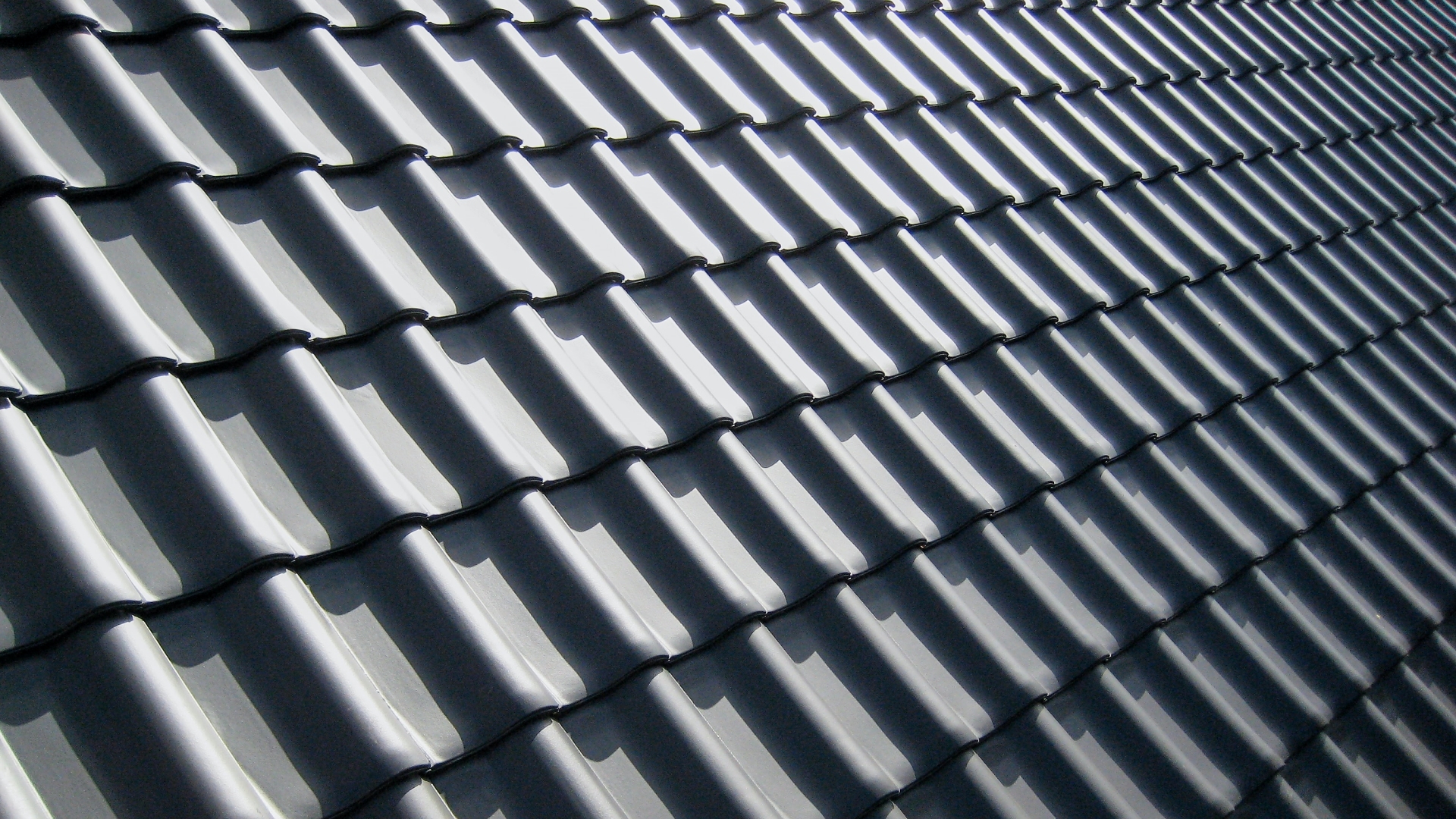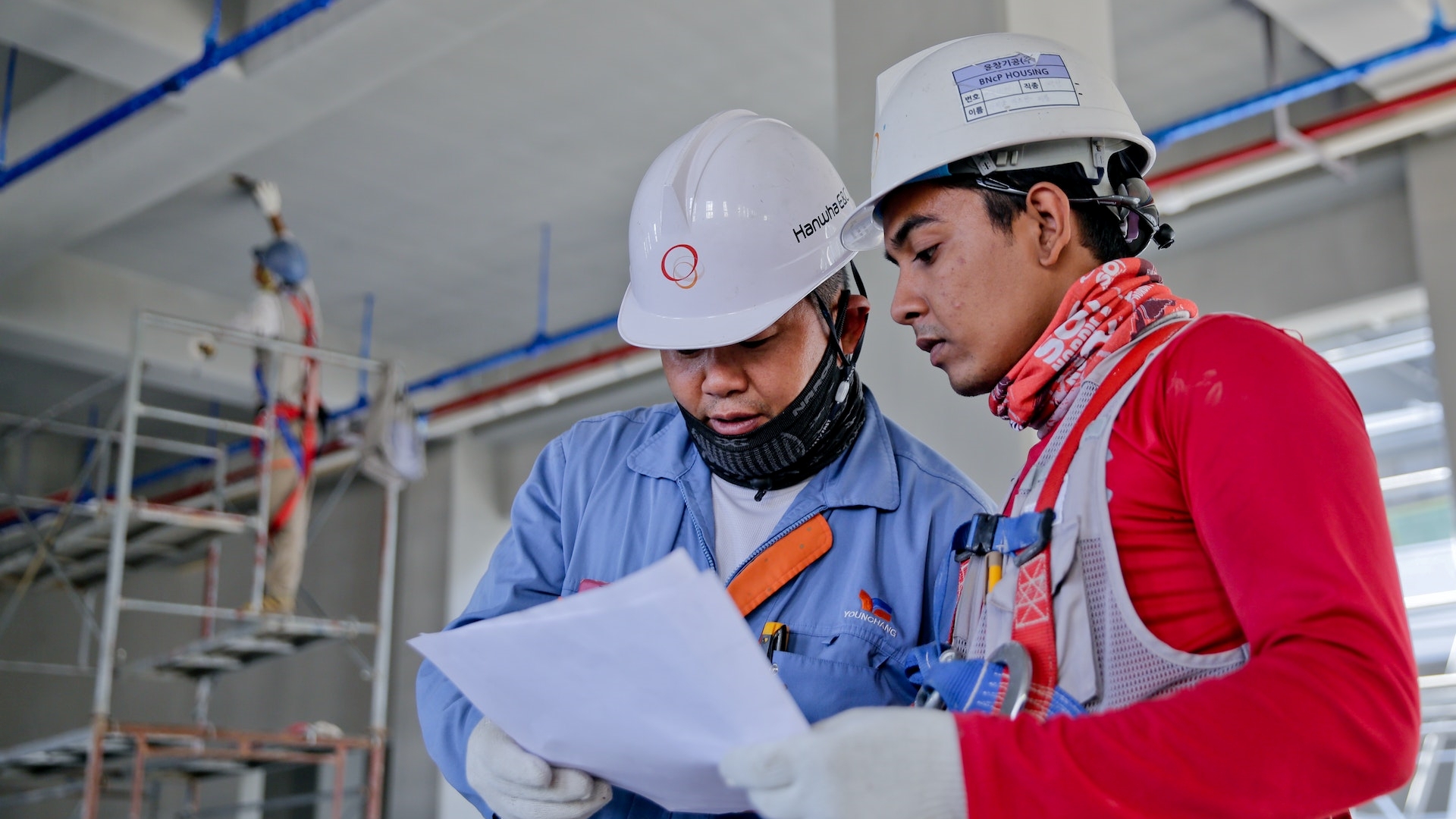Rising costs can be a cause for concern for many people who want to live comfortably. Everyone relies on hot showers and relaxing baths during the winter, and they need a plumbing system that can work well to cater to their everyday needs. See more about a hot water system on this page here.
Whether it’s for doing the laundry, cooking, or taking a relaxing bath in a tub, optimising your home is now possible. Buy the best models and make sure that you prevent leaks to reduce what you’re paying for each month and maximise the performance of your home system. From getting the right thermostat settings to ensuring proper insulation, here are some tips to help you out.
Choosing a Hot Water System: Efficiency and Sustainability
Electric types can be efficient and the heated storage can be easy to install. They also tend to be more eco-friendly, and if you’re using them during off-peak hours, you can significantly lessen the costs of what you’re paying for.
Solar tanks with a gas booster can also keep the water hot, and the initial investments can be offset by the incentives and tax credits that you may get from the government. You just have to install them at the right location, so they can better absorb the heat and light of the sun.
Tankless models or instant hot water systems are also going to help. They can be available on demand and can store large volumes of water as needed. It’s going to eliminate the energy losses that many homeowners tend to make.
Point-of-use is going to provide you with what you need only in certain fixtures, like the kitchen sinks and showers. They generally have a smaller storage tank, and the amount of water available can be limited. There’s no need to worry about running out of water if you’re in the middle of bathing, and they can be installed under the sink.
Hybrid systems utilise a heat pump where they can draw from the air and ground to heat your home. An insulated tank that may take more space is going to be required. They rely heavily on ambient heating, so they might not work well if you have a very cold climate.
Maintenance Tips for Long-Lasting Hot Water Systems
Save more money by not buying a water heater system every few years. For the entire appliance to last for a decade, you should schedule annual inspections that the experts can help you with. Find a hot water plumber in your area, and get help in determining if there are sediments and rusting on the tanks. Any accumulation of dirt should be cleaned so there will be better efficiency.
Do simple tasks and check for signs of corrosion, redness, or leaks. If the water has a musty odour, it can be a sign of mould, and this can affect the health of people who are using the system in your home. Check and address these issues before they can become a major headache.
You can also do a lot of other tasks, like seeing if there’s excessive pressure buildup in the relief valve. If you’re unsure of how to proceed, call the professionals for help.
Flushing out the tank once every few months is also recommended to help remove any sediment that has settled at the bottom, which can reduce heating efficiency and potentially cause damage over time. Insulating your pipes can also make a significant difference in energy efficiency because you’re essentially reducing heat loss during transit from the heater to taps or fixtures.
Keeping an eye on your utility bills is important as sudden increases could be indicative of an underlying issue with your hot water system. If you notice any changes in performance or unusual noises coming from your unit, don’t hesitate to contact a professional plumber for further inspection and repairs if necessary.
Why Hire a Plumber to Install Your HVAC?
So, why should you hire the experts, instead of doing everything yourself? Well, the answer is that these plumbing companies know about different brands and models, as well as their components. They can do the fixes efficiently and correctly, and you can also ensure that the necessary codes and permits are met. You can be compliant with your local city’s regulations, and it’s a guarantee that the entire system is going to operate safely.
Aside from the reasons mentioned above, plumbers have access to specialised tools and equipment required for proper installation. They understand how each component fits together seamlessly, maximising efficiency and minimising any potential issues down the line.
Save yourself time and stress, and instead of attempting complex installations on your own or relying on inexperienced individuals who may make costly mistakes, let a skilled plumber handle the job from start to finish. See info about plumbers at this link: https://www.sa.gov.au/topics/business-and-trade/licensing/building-and-trades/licensing.
How to Find the Right Professionals?
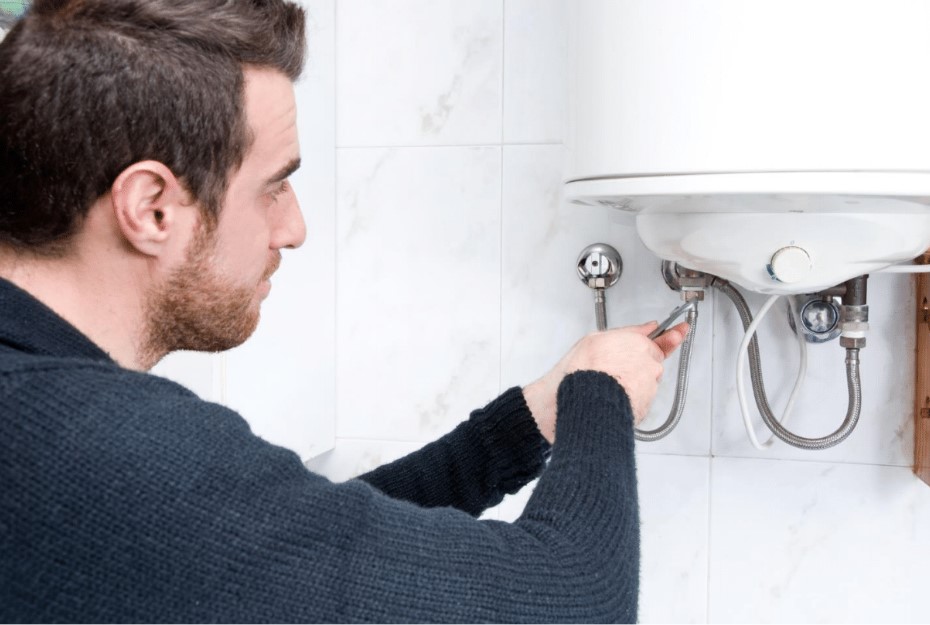
1. Research and Gather Recommendations: Start by doing thorough research online and looking for reputable plumbing companies in your area. Ask friends, neighbours, or family members who have recently had a hot water system installed or serviced for their recommendations.
2. Check Credentials and Experience: Look for licensed plumbers who specialise in HVAC systems. Verify their credentials and certifications to ensure that they have the necessary knowledge and expertise to handle your specific needs.
3. Read Reviews and Testimonials: Take the time to read customer reviews and testimonials on various platforms such as Google, Yelp, or the company’s website. This will give you insights into other people’s experiences with these professionals.
4. Request Quotes: Reach out to a few different plumbing companies and request detailed quotes for installation or maintenance services. Compare prices but also consider factors like reputation, expertise, warranties offered, etc., before making a decision solely based on cost.
5. Seek Referrals from Manufacturers: If you already have a particular brand of hot water system in mind, check if they provide a list of recommended installers on their website or contact them directly for referrals.
6. Schedule Consultations: Once you’ve narrowed down your options, schedule consultations with potential plumbers so that you can discuss your requirements in detail and get an idea of how well they communicate with clients.
7. Ask about Warranties and After-Sales Support: Inquire about warranties provided by both the plumber/installer as well as the manufacturer of the hot water system itself. Additionally, ask about any ongoing maintenance plans or after-sales support available from these professionals.




